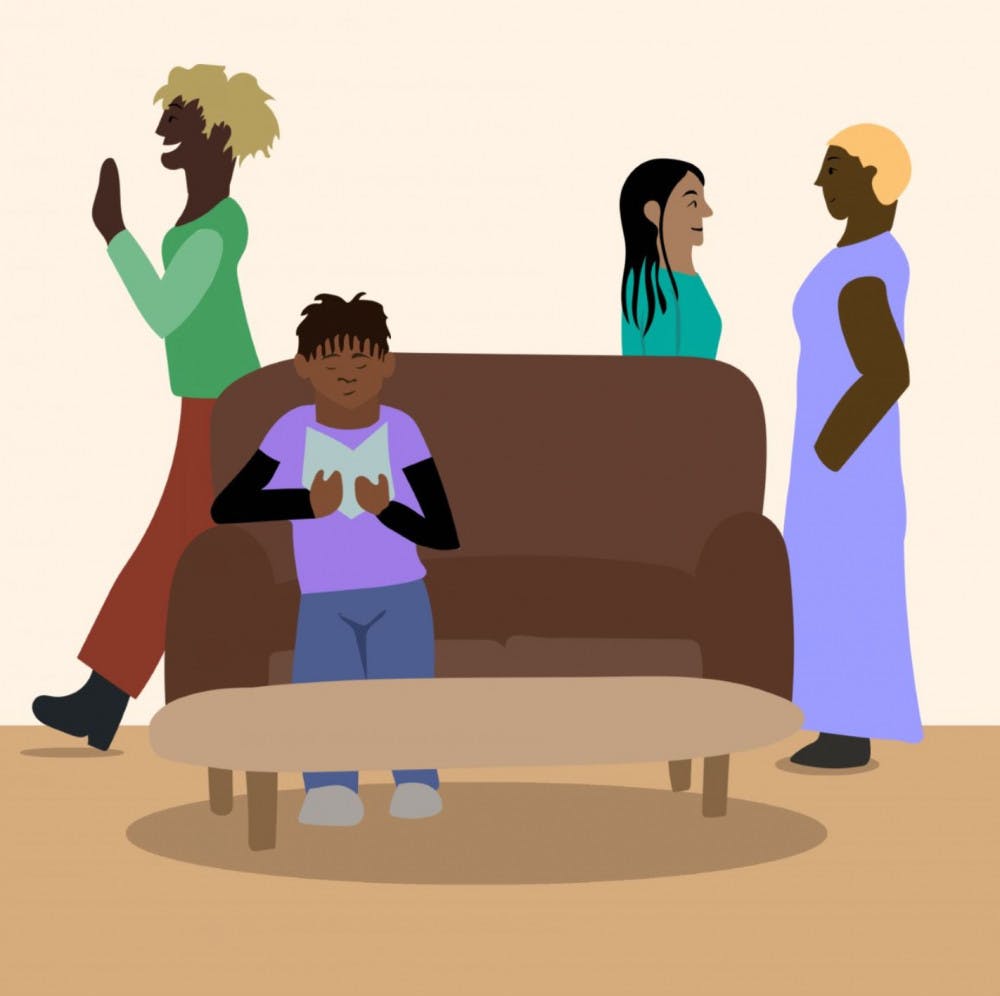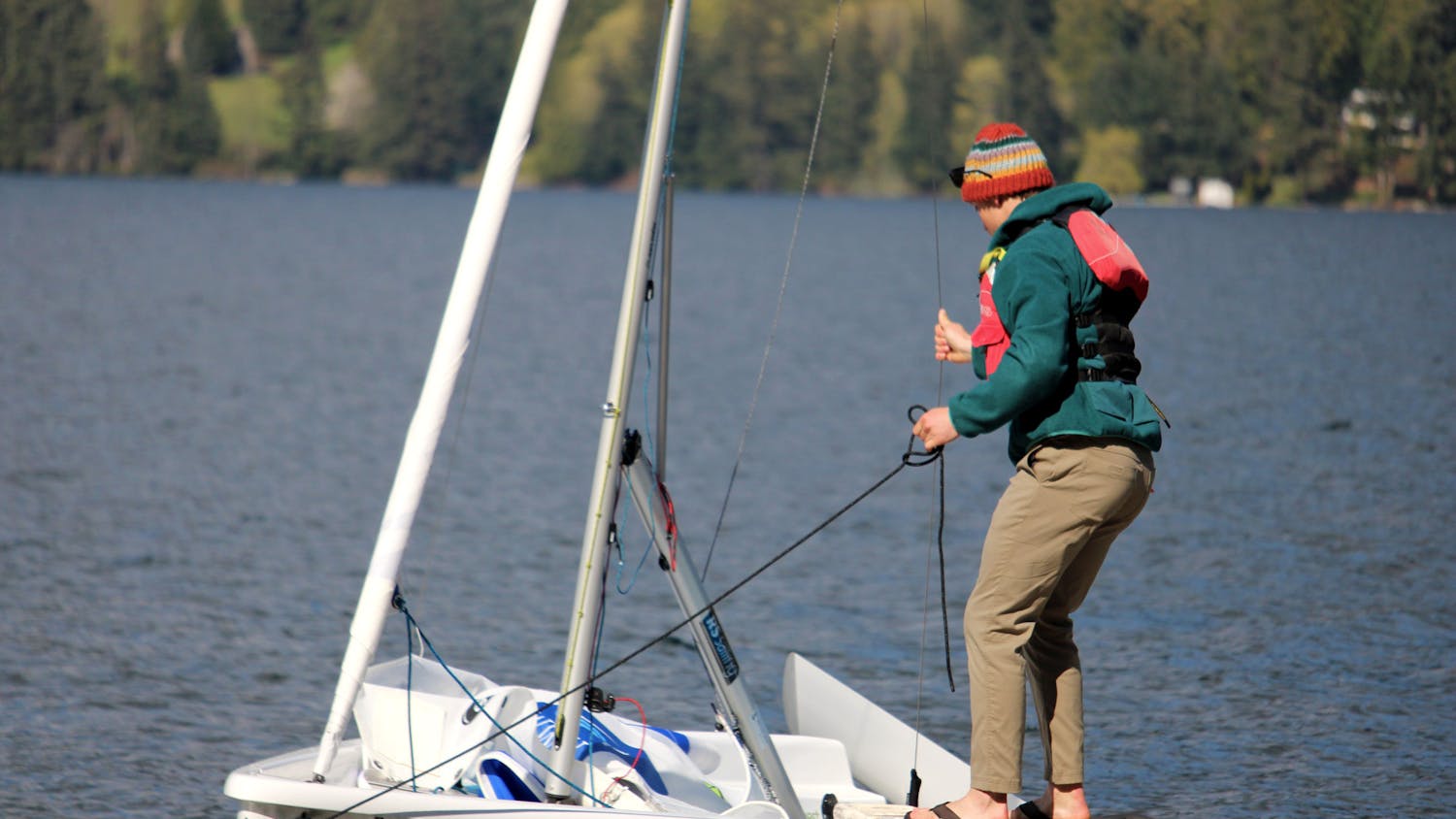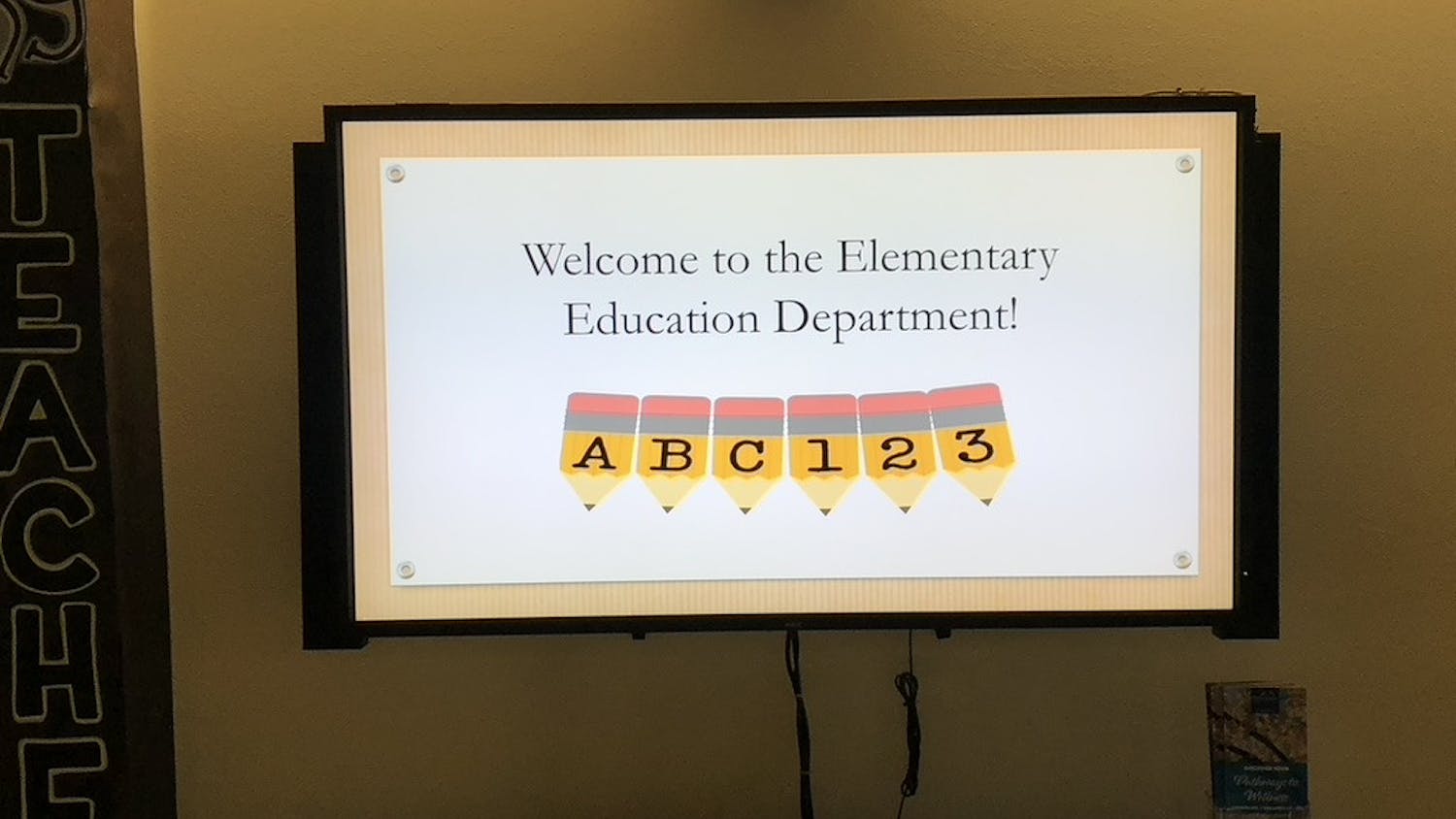Please Note: We only include phonetic spellings by request of the source.
Western Washington University is working on the creation of a new space for Black students in the Viking Union and affinity housing in the new dorm building, recently renamed for Western’s first Black student Alma Clark Glass.
These initiatives come nearly a year after the Black Student Organization made its demands to the university, one of which was a dedicated space for Black students in the Viking Union. University Housing is setting aside a community space for Black students with 50 beds in Alma Clark Glass Hall, according to Liam Carey-Eaves, the communications consultant for University Residences.
These dedicated spaces for Black students are one area where the university is making some of its most notable progress in fulfilling the BSO demands and fostering Black community in campus housing, according to LaShaiah Dickerson, a Black student who is a BSO development specialist and vice president of the Black Student Union at Western.
“At the moment the university is making good headway with the Black affinity housing program and the Black student space,” Dickerson said. “We’ve been getting good feedback and good progress reports on those two things.”
Lydia Ashenafie, a BSO coalition development specialist and fourth-year sociology major, said that the creation of Black student spaces is one of the most important BSO demands.
“I think that the Black student space building is our number one for me,” Ashenafie said. “I would agree that it’s the most important thing for us to do.”
These spaces are important for Black students, especially at predominately white institutions like Western, because they offer a place for representation by minority students, said Mwangi (Mwah'-ghee) Payton, an African-American and Mûgìkûyû (mo-gei-koh-yoh) Kenyan student who is a BSO coalition development specialist.
“I think it's important, especially in this country, where many people have been sort of outcasted,” Payton said. “Like a lot of these institutions that we’re in right now were established mainly with a Eurocentric framework in mind, and with a specific type of student in mind that doesn’t represent me or LaShaiah or Lydia.”
Micere Keels, associate professor at the Department of Comparative Human Development at the University of Chicago and author of "Campus Counterspaces: Black and Latinx Student's Search for Community at Historically White Universities,” affirmed this vital role that Black student spaces can play.
“At a university like yours, the overwhelming majority of all the classes, activities and clubs are going to be non-Black clubs, activities, spaces and opportunities,” Keels said. “A Black student space supports students who feel marginalized, supports them to stay engaged on campus and involved with activities on campus.”
Of the 16,000 students enrolled at Western, only 29.6 percent are people of color, according to admissions. Students of color is a broad term that encompasses all ethnicities that do not identify as caucasian, said John Krieg, director of the Office of Institutional Effectiveness.
One area where the university is falling short on the creation of the spaces is the communication with Black students, according to Dickerson. For the Black student space, key details such as its location within the VU has not been announced to the BSO, Dickerson said.
The university does not have a timeline for when the space for Black students will be completed, and whether it will be ready for Black students returning to campus in the fall remains uncertain, according to AS President Abdul-Malik Ford, a Black-Muslim man who is the former president of the Black Student Union and one of the original signers of the BSO demands.
“The way it’s currently going, I’m doubtful that this can be achieved by then,” Ford said. “That is the hope though, especially if we’re planning to return in the fall.”
Both Dickerson and Ford said Black students are not being consulted about the design and setup of the Black Affinity section of Alma Clark Glass Hall.
University housing has held several student feedback sessions with the architects of Alma Clark Glass Hall, Mahlum Architects, Eaves said.
These feedback sessions were led by Western alum and current Bias Trainer and Community Consultant Kim Harris. Housing is continuing to take steps to make sure the design of the Black Affinity Housing space meets the needs of Black students, Eaves said.
“Currently, the project manager for Alma Clark Glass Hall is collaborating with a consulting firm, MultiCultural Collaborative, in identifying artwork and signage for the new space, which will celebrate the history of Alma Clark Glass and also represent the Black student experience at Western today,” Eaves said.
Close consultation with Black students is critical for creating a space that is culturally affirming, Keels said.
“All of those individuals should have a large role in brainstorming and contributing to the creation of the space,” Keels said. “It needs to feel culturally connecting, it needs to feel like it’s identity-supporting, it needs to feel welcoming to the people that are going to be using that space.”
For Black spaces to be culturally-connecting, identity-supporting and welcoming to the people that are going to use it, Black students, staff and faculty should play a large role in the decisions of how those spaces evolve, Keels said.
“As future generations of Black students go through the university, they’re going to make their own contributions to how the space changes and grows overtime,” Keels said. “It needs to clearly be recognizable as celebrating Black culture.”
The Front has been reporting on the BSO demands from June 2020. Read more of our coverage here and here.
Jacob O’Donnellis a junior majoring in environmental policy and public relations. He is currently a campus news reporter for The Front and typically writes about issues related to the environment and social justice. He can be reached at jacobodonnell.thefront@gmail.com.






